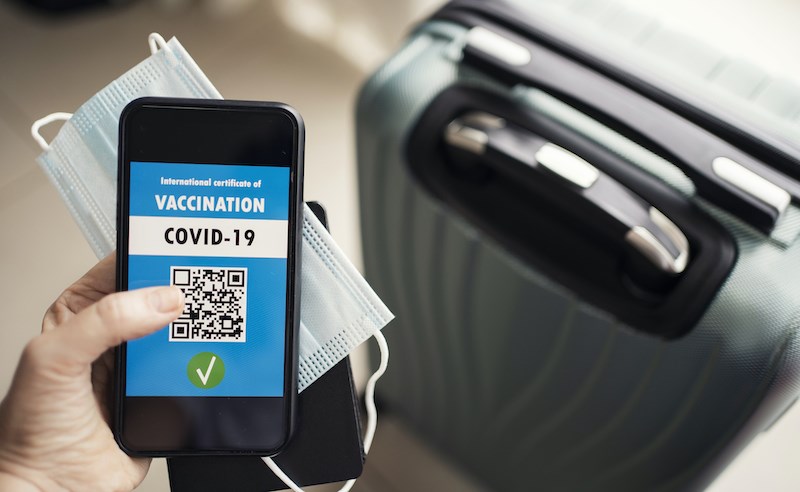Major airlines around the world are updating their face mask policies to slow the spread of COVID-19 during travel.
Many airlines do not consider coverings such as bandanas or face shields to be sufficient. For example, United Airlines stipulates that all travellers age two and older are required to wear a face mask with no vents or openings that fully cover their nose and mouth. A face shield alone does not count as a face covering and bandanas are also not permitted.
Other airlines have more detailed policies. For Instance, SouthWest states that it won't allow masks not made of solid materials, ones that don't fit properly or ones that are made from a single layer. Canada's largest airline, Air Canada, also notes that "non-medical masks or face coverings with an exhalation valve or vent" are not permitted, as well as ones made with "mesh or lace fabric."
While the lion's share of airlines have some qualifications when it comes to face masks, others introduced stricter measures.
So far, most carriers that have barred the use of cloth masks are European, although one of them, LATAM Airlines, is South American.
Other airlines that have changed their mask policy include Air France, Lufthansa, and Finnair. These airlines require passengers wear surgical masks while they are in the aircraft and boarding the plane.
Air France stipulates that passengers must wear a surgical mask or an "FFP1, FFP2 or FFP3 type mask, without an exhaust valve, onboard (decree n°2020-663 of 31 May 2020)." Cloth masks and masks with exhaust valves are not authorized.
Coronavirus: What Canadians should do before they travel
Many countries around the world now allow fully vaccinated Canadians to skip quarantine but some are entertaining the idea of implementing an expiration date on when travellers received their vaccines.
Currently, the Government of Canada states that you should avoid all travel outside of the country until further notice due to the novel coronavirus pandemic.
If you do plan to travel, make sure you check the Travel Advice and Advisories page for your destination twice: once when you are planning your trip, and again shortly before you leave.
Find out more information about international and domestic travel for B.C. residents.



